This blog was written by Brian, a member of the Anyone’s Child Family Network.
In my previous blog post, I talked about the shame associated with drug taking: how that shame is at least partly a consequence of the criminalization of the use of drugs, how that shame leads to isolation, and how that isolation in turn then sometimes leads back to using drugs. It becomes a vicious circle that many people find difficult to break out of.
Tom had begun to open up to me in really heart-warming ways in the months before his death. He spoke about his sense of shame with remarkable candor and eloquence. I wanted to believe that his being able to talk about it meant that he was dealing with it effectively. In one of many profound and deeply painful ironies associated with his death, it seems that he had indeed abstained from alcohol for nearly 4 months, and from other drugs for a year or more. It’s an irony because the coroner’s report indicated that the amount of alcohol, heroin and MDMA in his system would not have been enough to have killed him had he been a regular, recent user. His body could no longer tolerate the doses it had once been used to. It’s only since talking to people at Anyone’s Child that I’ve become aware that accidental deaths in similar circumstances are all too common. I would like to believe that if drugs were carefully regulated within a legal framework Tom would have been made aware of the specific dangers of what he was doing. That might sound naïve, but one of the many hugely damaging effects of the current system is that it creates a sub-culture of ignorance and misinformation.
My mother suffered from emphysema, and spent much of her last two years in a nursing home. In the last few months of her life doctors prescribed diamorphine (the medical name for heroin) to ease the pain she was suffering. Nobody judged her for that.
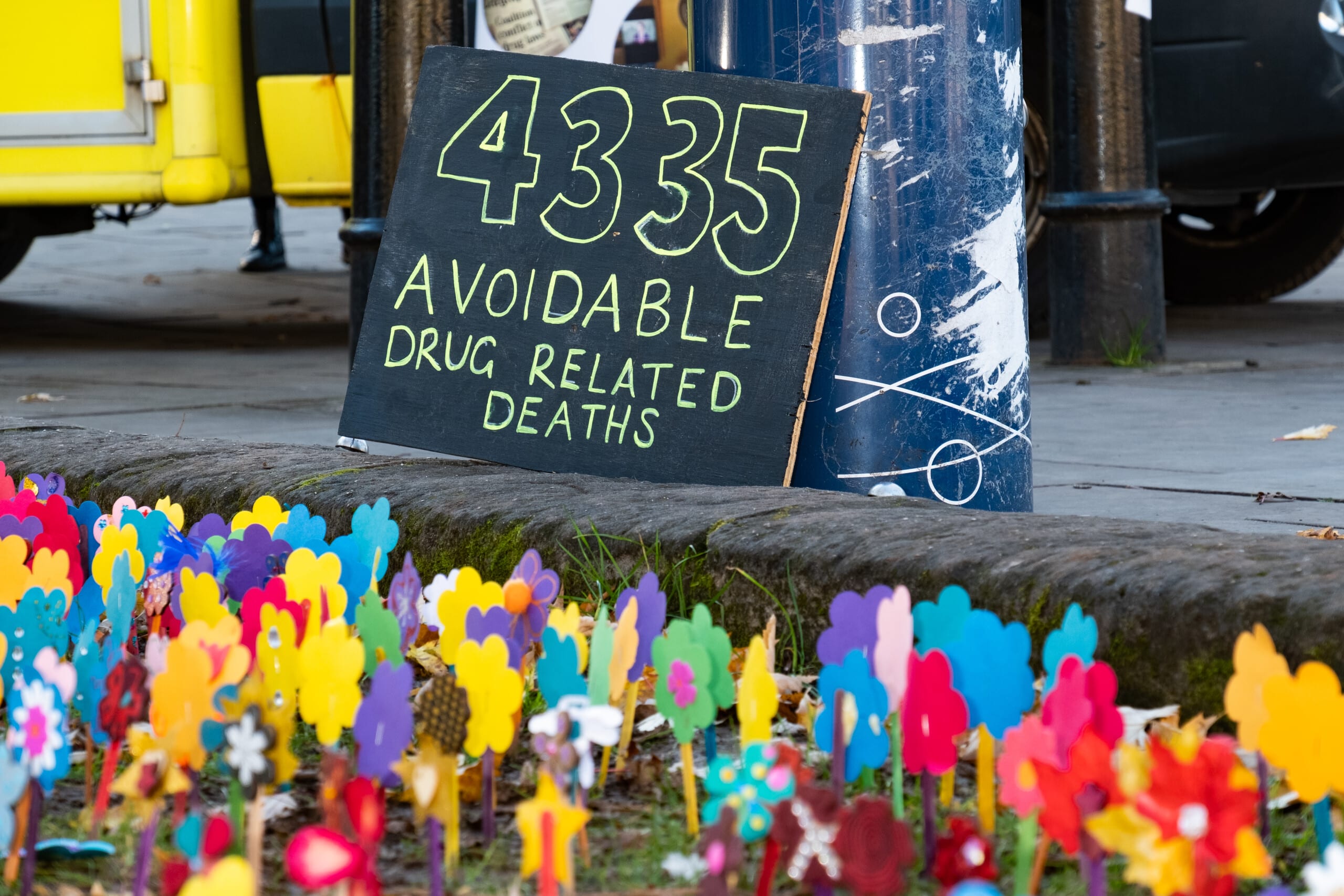
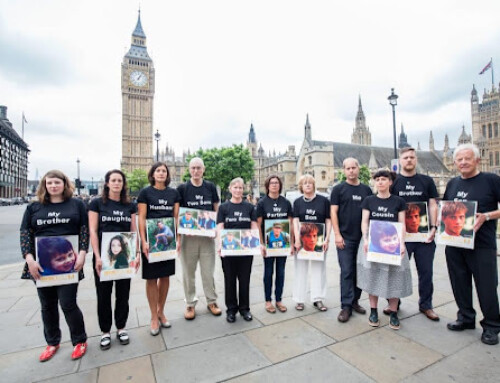
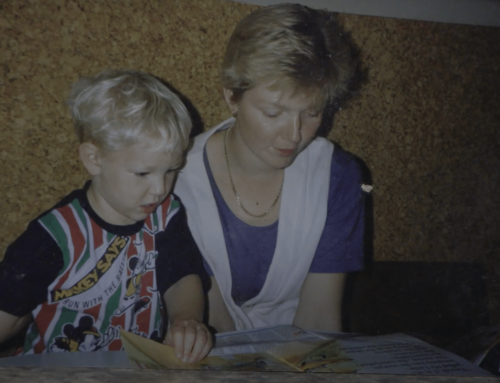
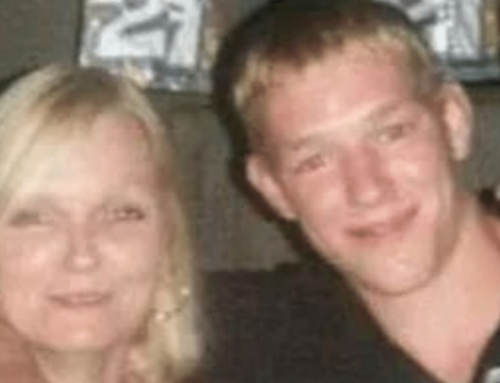
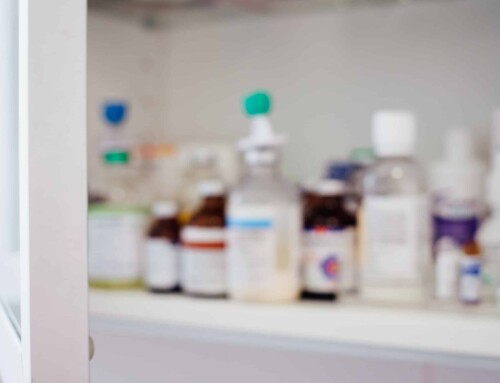
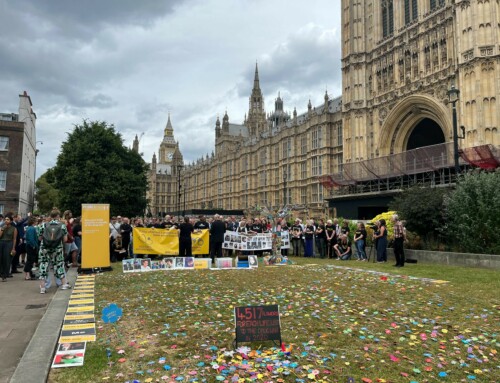
Leave A Comment